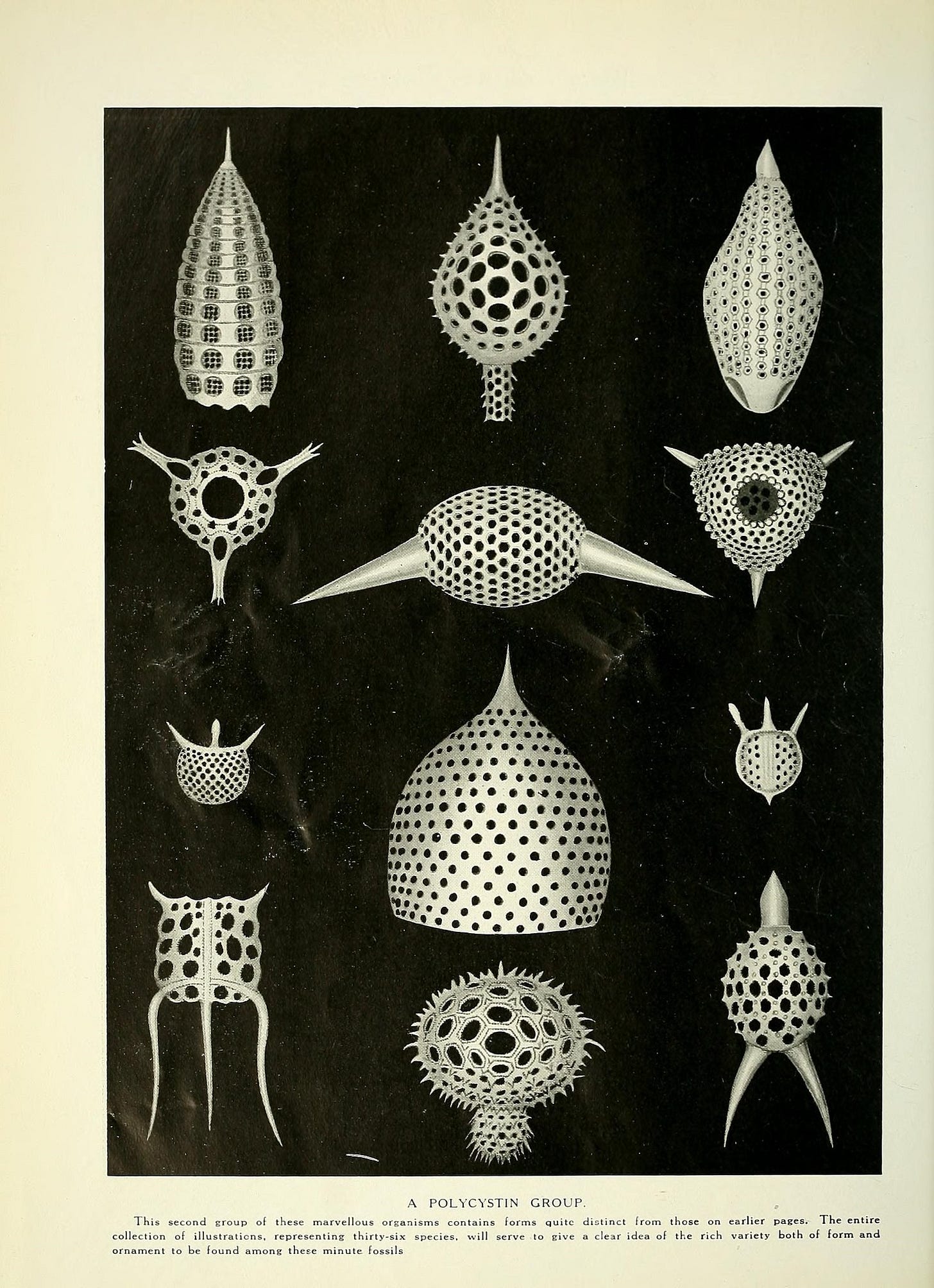Better Signals
There are opportunities for opinions all around us.
Anything we notice has an opinion behind it. This is an overwhelming picture—we needn't spend time analyzing every turn of our attention. That would be living inside our heads instead of in the world. But we could be missing an opportunity to create the change we want. If we don't spend time in our heads actively and imaginatively, with belief and…


